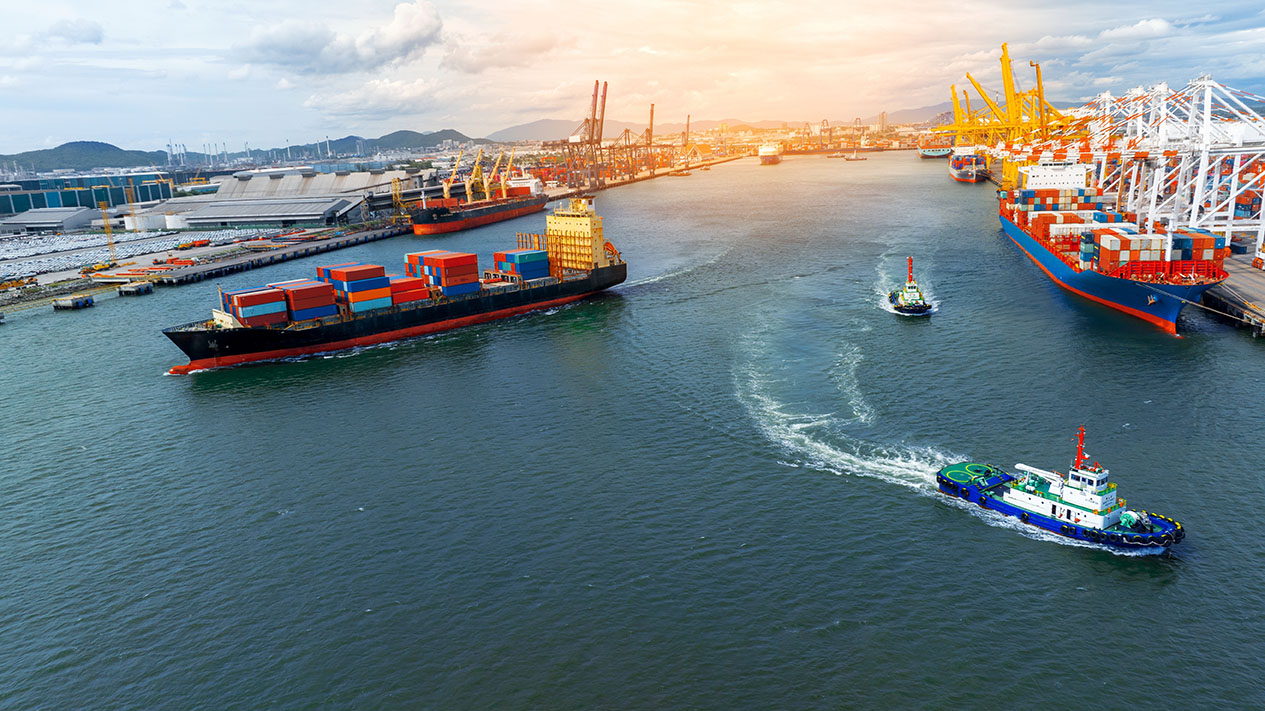

Marine means related to the sea. Marine animals live in the sea, and marine plants grow in the sea. Marine habitats include the ocean, the coast, and the seafloor.
Marine life is diverse and abundant. There are over 200,000 known species of marine animals, and scientists estimate that there are millions more that have not yet been discovered. Marine plants are also diverse, with over 10,000 known species.
Marine life is important for our planet. Marine animals help to clean the water and to recycle nutrients. Marine plants help to produce oxygen and to absorb carbon dioxide. Marine life also provides food and jobs for billions of people around the world.
Marine ecosystems are fragile and can be easily damaged by pollution, overfishing, and climate change. It is important to protect marine life and marine ecosystems for the benefit of future generations.
The marine patrol boat intercepted the drug shipment.

Noun: A member of the armed forces who serves on a ship or in the navy.
Adjective: Describing something that is related to the sea or to the navy. For example, you could say "marine life" or "marine engineering".
Verb: To travel or operate on the sea.
The word "marine" comes from the Latin word "marinus", which means "of the sea".
The word "marine" was first used in English in the 13th century. It was originally used to describe anything that was related to the sea, but it soon came to be used in a more specific sense to describe members of the navy or the armed forces who serve on ships.
What does marine mean?
Question:
Describe the term "marine" and explain why marine ecosystems are crucial for the health of our planet. Provide examples of marine habitats and their significance.
Answer:
The term "marine" refers to anything related to the sea or oceans. Marine ecosystems encompass a wide range of habitats and organisms that exist within saltwater environments. These ecosystems are of paramount importance to the health and balance of our planet.
Marine ecosystems are vital for several reasons. They contribute significantly to global oxygen production through photosynthesis by marine plants, including phytoplankton. Additionally, marine ecosystems play a crucial role in regulating the Earth's climate by absorbing and storing a substantial amount of carbon dioxide. They also provide a source of food, livelihood, and recreation for billions of people around the world.
Examples of marine habitats include coral reefs, coastal estuaries, open oceans, and deep-sea hydrothermal vents. Coral reefs, for instance, are incredibly biodiverse areas that provide habitats for numerous species, protect coastlines from erosion, and support fishing industries. Coastal estuaries serve as vital nurseries for various fish species and offer essential habitats for migratory birds.
Address
Developing Experts Limited
Exchange Street Buildings
35-37 Exchange Street
Norwich
NR2 1DP
UK
Phone
01603 273515
Email
hello@developingexperts.com
Copyright 2025 Developing Experts, All rights reserved.